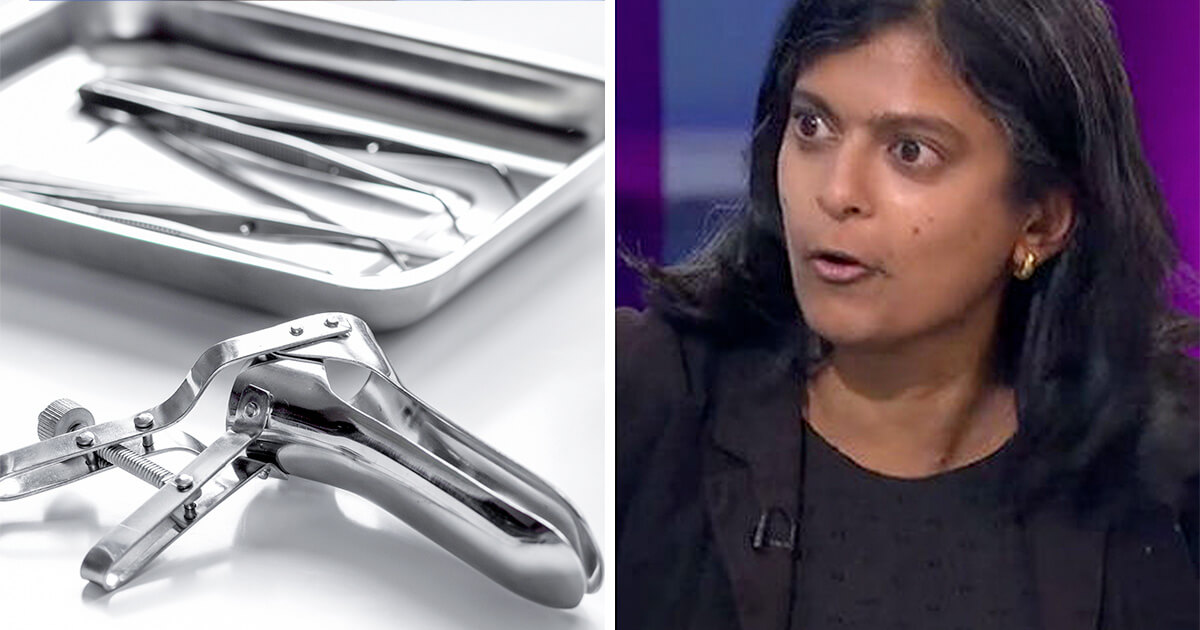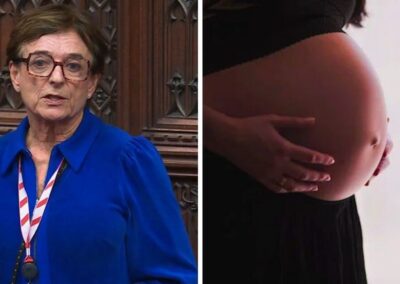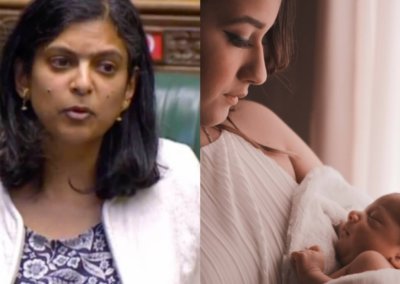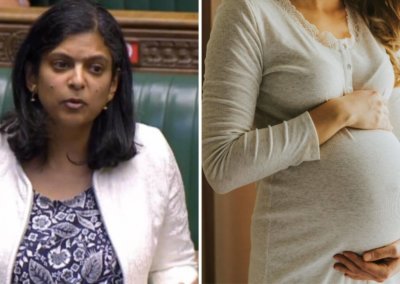Pro-abortion MP Rupa Huq has admitted that “terminating a pregnancy is one of the most difficult and harrowing experiences a woman can go through,” as she calls on the Government to relax COVID-19 safeguards to allow a partner or friend to be present during an abortion procedure.
The Labour MP claims the rules on social distancing in termination clinics are “baffling in the extreme and equally inhumane”.
“To be forced to do it alone, without the support of a partner or source of moral support in the same way as one has a birth-partner, must be unimaginably devastating,” she added.
Ms Huq is part of a cohort of MPs who voted to impose extreme abortion legislation on Northern Ireland and want to see abortion decriminalised in the UK – something which would allow abortion on demand, for any reason, up to birth.
Ironically, the group of predominantly Labour MPs have also been pressuring the Government to make permanent the temporary measures allowing ‘DIY’ abortions at home – ensuring that women don’t travel to abortion facilities.
While calling for social distancing measures to be relaxed inside abortion facilities, the MP for Ealing Central has, without evidence, condemned pro-life campaigners for supposedly breaking the same rules outside abortion clinics as they attempt to save the lives of the unborn by offering emotional and practical support to pregnant women.
Just one week ago, Ms Huq’s private members Bill, which sought to ban these life-saving campaigners from gathering outside abortion clinics, failed to pass its Second Reading.
‘Challenging time’
Clare Murphy, Deputy Chief Executive at British Pregnancy Advisory Service – the UK’s largest abortion provider –, made a similar admission of her own, telling the Telegraph that women “need support at what can be an extremely challenging time”.
She warned that the pandemic has increased the likelihood of women feeling isolated during abortion procedures.
NHS England has recently written to hospitals asking them to allow partners to attend maternity units. However, restrictions remain in place for terminations remain, in line with the national guidance on inpatient visitors.
‘Inconsistent’
A spokesperson for Right To Life UK, Catherine Robinson said: “The inconsistency of abortion activists, abortion providers and pro-abortion MPs is what’s ‘baffling in the extreme’.
“If Rupa Huq and BPAS really believe that abortion terminations are ‘extremely challenging’ and ‘harrowing experiences’ why would they be calling for women to undergo these in their own homes, away from the safety of a doctor and in a place where they can be reminded of the ‘harrowing experience’ every single day?
“A number of women have spoken out about the serious problems they’ve experienced after taking ‘DIY’ home abortion pills. One woman said she went through ‘hell’ and thought she was going to die after taking the dangerous pills, while another woman said the pain and physical process was ‘horrible’ and ‘a lot worse than expected’.
“Rather than make the experiences of women worse, we can support pregnant women and vulnerable babies by immediately suspending the UK Government’s dangerous ‘DIY’ home abortion scheme, and by rejecting calls to allow them on a permanent basis.”
Significant problems
Since ‘DIY’ home abortions were introduced, a number of significant problems have arisen.
According to a leaked “urgent email” sent by a regional chief midwife at NHS England and NHS Improvement on the “escalating risks” of ‘DIY’ home abortions, two women have died after taking ‘DIY’ home abortion pills.
The email leak also revealed police have opened a murder investigation into the death of a baby, who they believe was born alive despite her mother taking ‘DIY’ home abortion pills.
A nationwide undercover investigation found evidence of abortion providers putting women at significant risk by not carrying out basic checks before sending them ‘DIY’ home abortion pills.
The study also discovered ‘DIY’ home abortion pills can easily be obtained and administered to others, potentially in a coercive manner.
In May, it was revealed UK police were investigating the death of an unborn baby after its mother took ‘DIY’ home abortion pills while 28 weeks’ pregnant.
In addition, abortion provider BPAS said they were investigating a further eight cases of women taking ‘DIY’ home abortion pills beyond the 10-week limit, raising questions over what checks are being conducted to ensure the law isn’t being broken and dangerous late-term abortions aren’t happening.
Despite mounting safety concerns, the Scottish Government has launched a public consultation on whether the temporary measure allowing ‘DIY’ home abortions should be made permanent. A UK Government consultation is due imminently.












